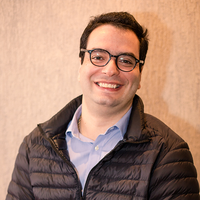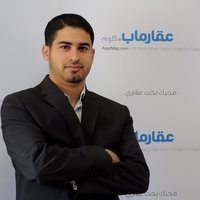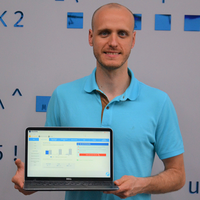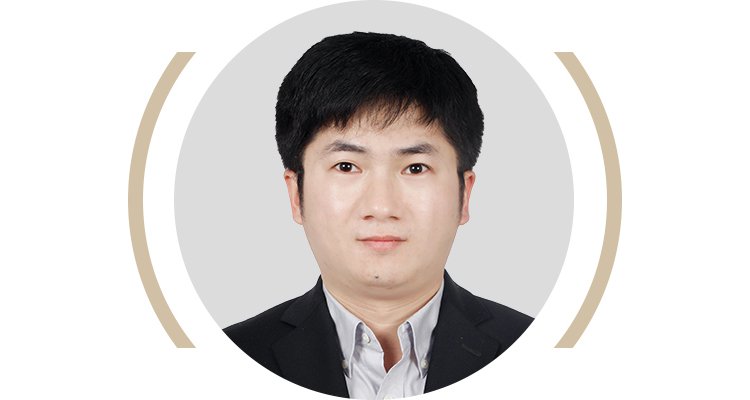Internet & web
Chao Zhang
He learns from attackers to implement automated cybersecurity defense solutions

Latin America
Bruno Mahfuz
His 'app' informs anyone who needs it about the accessibility of places

Europe
Mursal Hedayat
She makes the refugees’ mother tongue their best tool for working and integrating into a society

MENA
Amad Almasodi
Uses artificial intelligence to sell properties online.

Latin America
Rodolfo Fiori
His algorithm analyzes public management to detect inefficiencies and save funds to improve other services
